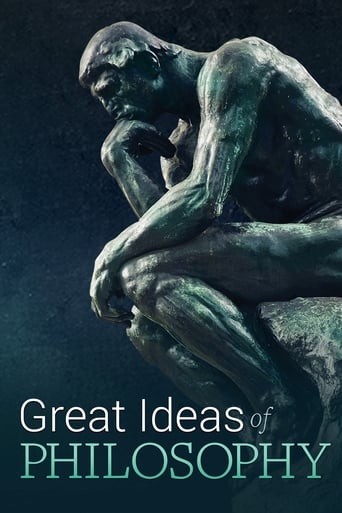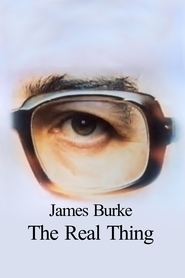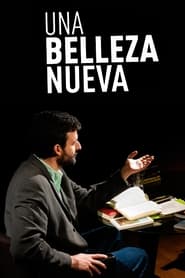The leading French thinkers of the 18th century—Voltaire, Rousseau, Condorcet, and Diderot—appealed directly to the ordinary citizen, encouraging skepticism toward traditional authority.
Genre:
Talk, Documentary
Year: 2004
Country:
United States of America
Release:
Language:English
Director:
Daniel Nicholas Robinson
Cast:
Daniel Nicholas Robinson






